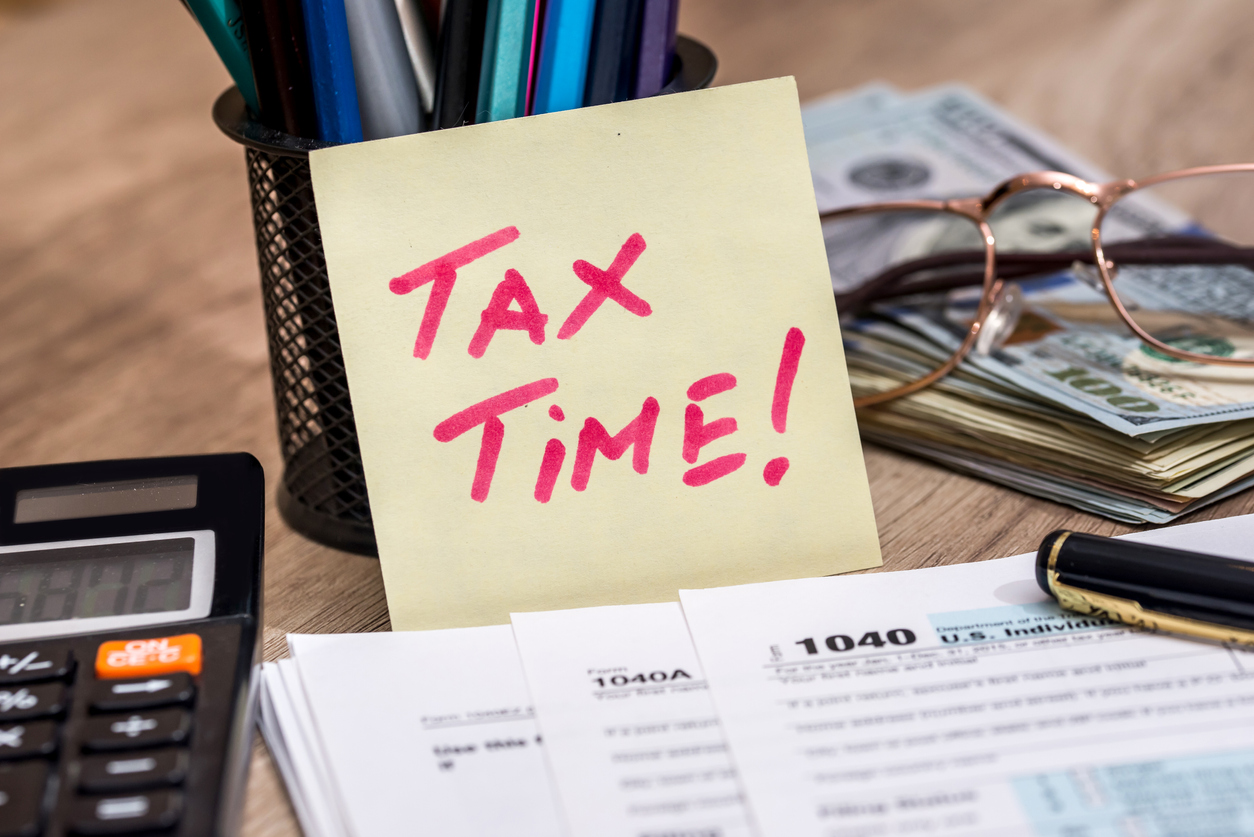As 2019 is nearing an end – we all know what time it is. It’s tax time. For many, tax time is the dreadful time of the year. However, tax season does not have to be stressful. As long as you keep all records and documentation, filing your taxes can be easy. Below are a few essential things to remember as we are closing in on tax season.

How to Prepare for Tax Season
Here are a few tips on how to prepare yourself for tax season all year around.
Buying New Equipment
If you need new equipment for your trucking business or truck, now may be the time to make that purchase. When you purchase something for your trucking business or truck, you can use the amount you spend to help lower your tax liability regarding the depreciation rules.
There are tax laws that allow business owners to receive a first-year deduction on anything purchased for your truck or business within the same year. For property that is bought between September 27, 2017 – December 31, 2022, can suffer a 100% depreciation. Also, beginning in 2023, bonus depreciation lowers by 20% every year. With this pattern, bu 2027, there will no longer be a bonus depreciation.
However, there are a few things to consider before making a large purchase:
- Receiving a deduction should not be the only reason you purchase your business. If you are not in dire need of this new equipment, or if your business will not make a profit off of this equipment, it can be advised to steer away from making big purchases.
- Receiving a current higher deduction this may mean you will receive a lower deduction in the future. So, if you have a growing business, this can lead to financial problems and even place you in a higher tax bracket.
Estimate Your Per Diem Deduction
Per Diem is where the IRS allows a tax deduction for specific paid or incurred business expenses when traveling. So, this means you can receive a deduction for meals, lodging, or incidental costs while on the road away from home. Company drivers no longer receive this deduction under the Tax Cuts and Jobs Act (TCJA) – however, owner-operators are still eligible to receive this deduction.
As of October 1, 2018, per diem increased from $63 to $66 for each full day and $47.25 to $49.50 for half days. Since the IRS only allows owner-operators to deduct 80%, this means you can claim $52.80 for full days and $39.60 for half days. Also, for days you are traveling to Canada, you can claim $71 a day, so 80% would be $56.80.
You will be required to keep a log of all the days you plan on claiming for per diem deductions. It is advised to put “X” on full days and “/” on half days. Also, to prove that you traveled these days, you may be required to show your DOT ELD log with all times, dates, and locations available.
Pay Quarterly Taxes
When paying taxes, you should be paying your taxes quarterly. However, if you have not been paying quarterly taxes, you may need to make a larger payment during the 4th quarter. By making a larger payment, this can help get caught up on any behind payments and help avoid tax liability when filing your tax return. The 4th quarter estimated payments are due by January 15, 2020.
For those who owe less than $1,000 or if they have already paid 90% of the taxes due, these individuals will typically avoid the penalty for underpayment. IRS recommends that all taxpayers pay taxes every quarter. To avoid getting behind and a penalty, it is advised that you set aside 25%-30% of your weekly net each quarter.
Keep Documents
Often it is not feasible to hire an accountant; however, if you do not have an accountant, you must keep all tax records and receipts in a safe spot. Keeping track of all your expenses can help you in the future if you are ever audited. When determining which documents, you should keep, here are some important tax tips:
- If you do not have a document for your expenses, you cannot deduct this expense. If you are unsure if the purchase would fall under personal or business, be sure to document it anyway.
- Typically, for a small business owner, they often pay more taxes quarterly than what is needed because of the lack of software for business expenses. Having software or an accountant can help you save money and not pay more into the IRS than what is needed.
- If you plan on filing your own taxes or using a professional, be sure to keep all business expenses and documents separate to ensure you receive the deduction that you deserve.
With the tax season right around the corner, now is the time to get all your tax documents rounded up and over to your accountant if you have one.

